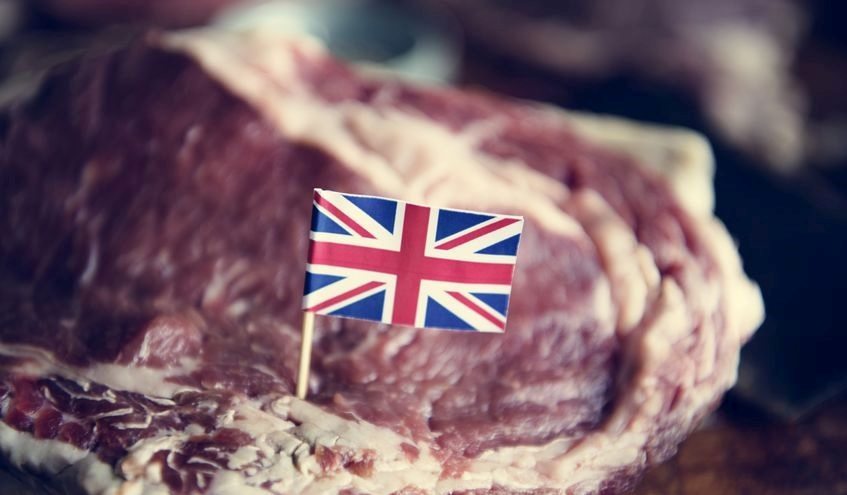
The NFU has called on the government to issue 'urgent answers' on any UK-Australia trade deal amid fears over lower-standard agri-imports.
The union has outlined five key questions regarding the UK's future trade policy and the ongoing negotiations on a Free Trade Agreement (FTA) with Australia.
This follows reports suggesting the government is set to offer Australia a trade deal that includes a 15-year transition to zero-tariffs and zero-quotas.
The NFU's questions include: What specific meaningful safeguards for domestic agriculture will be included in FTAs?
What is the government’s plan to continually review the impact of FTAs as they are implemented and through the lifetime of the agreements?
The union has also asked: Where is the comprehensive and cross-government strategy to improve productivity and competitiveness and to provide adjustment assistance for farming in respect to the changing market conditions resulting from new FTAs?
It added: Where is the government’s response to the Trade and Agriculture Commission’s report in March 2021 and why has the new statutory Trade and Agriculture Commission that will need to scrutinise trade deals before they are signed not yet been set up?
Lastly, the NFU asked: What precedent does the government expect will be set by each FTA and where is the detailed economic assessment of the cumulative impact on domestic UK agriculture of all the UK’s current and future FTAs?
The union's president Minette Batters said it was 'incredibly disappointing 'to hear news of the UK's trade strategy from 'sources other than the government themselves'.
“There remains a huge amount of unanswered questions about exactly how decisions regarding trade policy have been made, on what basis and how it will operate in the future."
She added: “It is also incredibly concerning that the government is in a ‘sprint’ to sign up to a trade deal with Australia that would have serious implications for British farming and would seemingly offer incredibly little benefit to the economy.
“We continue to maintain that a tariff-free trade deal with Australia will jeopardise our own farming industry and could cause the demise of many, many beef and sheep farms throughout the UK.
"This is true whether tariffs are dropped immediately or in 15 years’ time," Mrs Batters said.
The Country Land and Business Association (CLA), an organisation representing 28,000 land managers and rural businesses, argued that the UK was right to seek a comprehensive agreement with Australia.
However, it called for provisions to guarantee imports will meet the same environmental and animal welfare standards as in the UK, and TRQs (tariff rate quotas) for sensitive agricultural products.
CLA president Mark Bridgeman said that a 'false narrative had emerged' that being pro-free trade and supporting British farming were mutually exclusive.
“British food producers can look with excitement at selling their world class products to new markets – and government should be unrelenting in championing their interests in breaking down barriers to growing UK exports.
“But we should also accept that it is perfectly normal for certain protections to be in place for key industries.
"Even the most liberal free trading nations place some restrictions on imports, and to do otherwise would make us a global outlier – making us appear a touch naïve in the process."
He added: “Zero tariffs and zero quotas on agricultural imports would not just leave British farmers exposed, it shows that the UK Government doesn’t understand one of our biggest strengths.
“The UK has some of the highest environmental and animal welfare standards in the world."
